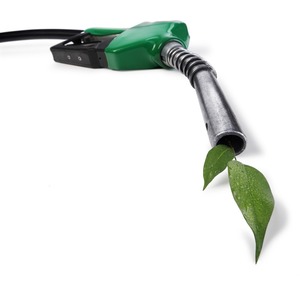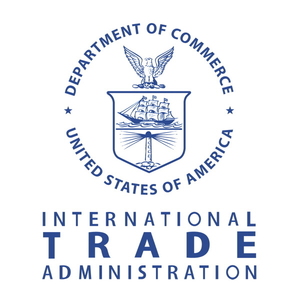Bill introduced to establish clean fuels standard in Minnesota
Energy Disrupter
ADVERTISEMENT
Legislation introduced in the Minnesota Legislature in March aims to establish a clean fuels standard (CFS) that would require a 20 percent reduction in the carbon intensity of transportation fuel sold within the state by 2035 when compared to a 2018 baseline.
The bill, HF 2083 or the “Future Fuels Act,” was introduced in the Minnesota House of Representatives on March 10 and referred to the House Committee on Commerce, Finance and Policy. A companion bill, SF 2027, was introduced in the Minnesota Senate the following day and referred the Senate Committee on Energy and Utilities Finance and Policy.
To implement the CFS, state agencies would complete a rulemaking to establish a schedule of annual standards that steadily decrease the carbon intensity of transportation fuels. Obligated parties could comply with the CFS by producing or importing transportation fuels that have a carbon intensity at or below the level of that year’s standard, or by purchasing credits.
Ethanol, biodiesel, renewable diesel, renewable natural gas (RNG), sustainable aviation fuel (SAF), propane, renewable propane, hydrogen, and electricity are among the fuels that could be used to comply with the CFS.
The American Coalition for Ethanol has spoken out in support of the bill, noting it will help increase the use of E15 and higher ethanol blends in Minnesota, reward farmers for climate-smart practices to help reduce the overall carbon intensity of corn ethanol, and support economic development for Minnesota.
“ACE has been working for nearly three years to mobilize support for clean fuel policies in the Midwest,” said Brian Jennings, CEO of ACE. “We are grateful Minnesota is taking the first step through the Future Fuels Act and we expect other states to follow in the future.”
The 25-member Minnesota Future Fuels Coalition, which is facilitate by the Great Plains Institute, is also throwing its support behind the Future Fuels Act. “Minnesota is behind schedule in achieving bipartisan transportation greenhouse gas reduction and clean fuel adoption goals and we believe that a clean fuels policy, such as the proposed Future Fuels Act, can help get the state back on track,” said Brendan Jordan, vice president for transportation and fuels at the Great Plains Institute.
“This coalition and legislation is a much-needed complement to the Governor’s Council on Biofuels and other efforts to ensure Minnesota as one of the nation’s leaders in encouraging domestically-produced renewable ethanol and other clean transportation fuels that benefit our consumers, farmers and environment,” added Tim Rudnicki, executive director of the Minnesota Bio-Fuels Association.
The Future Fuels Act is not the only legislation pending in Minnesota that would serve to increase the use of biofuels. Bills were also introduced last month that aim to make E15 the standard gasoline blend within the state and provide fuel dealers with a tax credit for the sales of gasoline blended with 15 to 85 percent ethanol.
Additional information, including a full copy of the Future Fuels Act, is available on the Minnesota Legislature website.
















